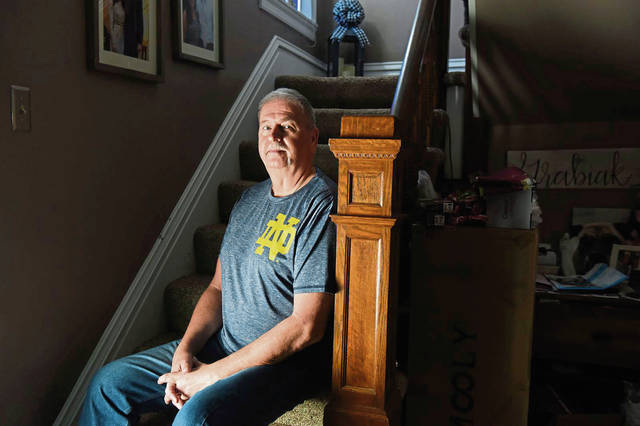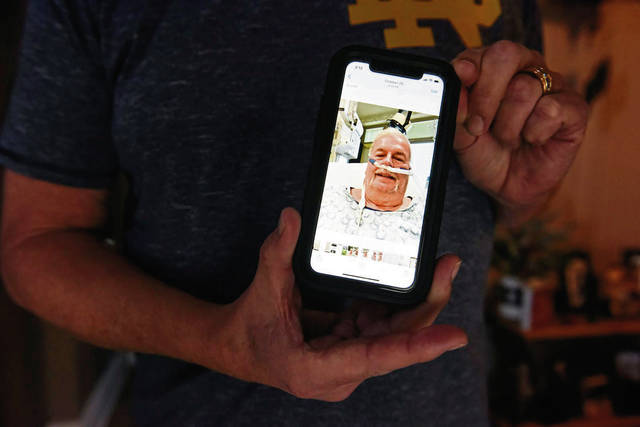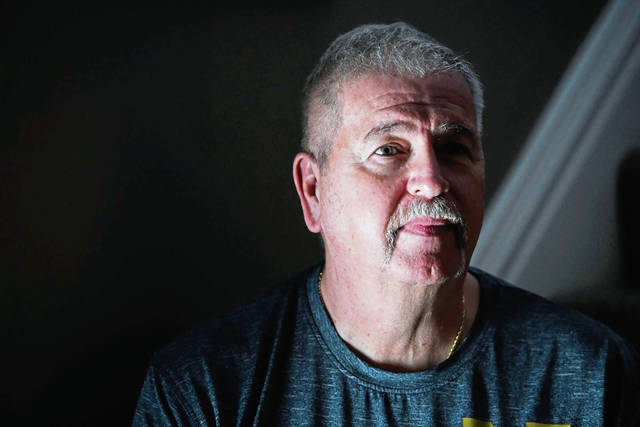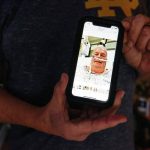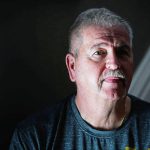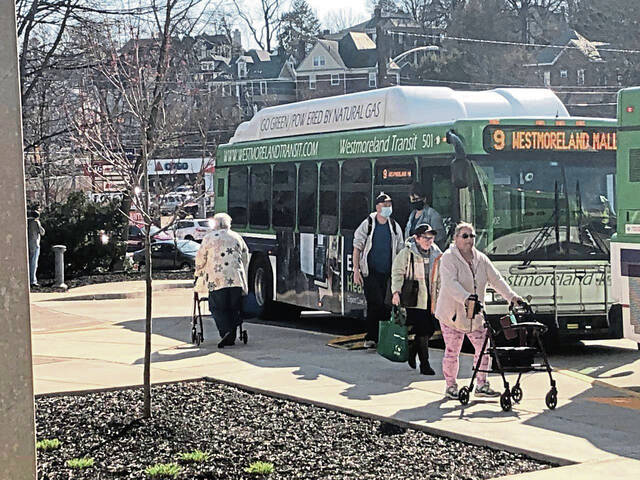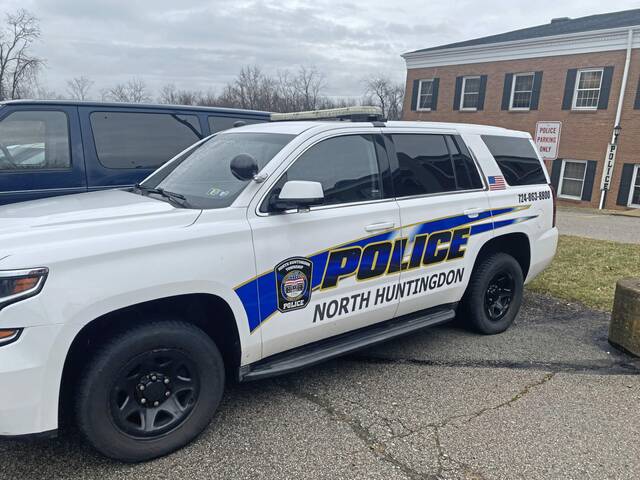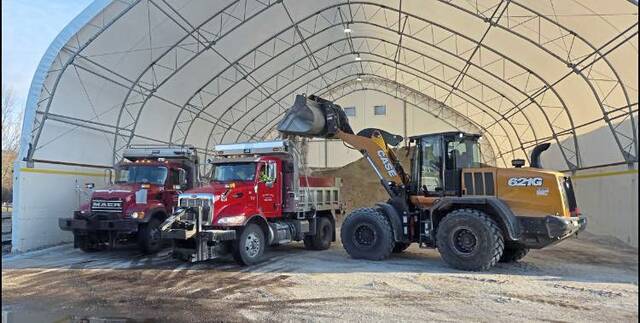Wayne Grabiak had encouragement coming from all angles.
There were the FaceTime calls with his wife and text messages from family, friends and his cardiologist.
Plus, the staff at AHN Jefferson Hospital loudly repeating a mantra through a glass window separating his room from the rest of the intensive care unit — breathe through your nose — as he battled covid-19.
“I literally concentrated on breathing,” said the 63-year-old Scottdale man.
He credits that encouragement, prayers, donated plasma from covid survivors and antiviral medication remdesivir as being among the factors in his survival. Grabiak was in AHN Jefferson Hospital from Oct. 22 to Nov. 6.
“I definitely needed the higher power to get me through there,” he said.
During his 16-day stay at the hospital near Pleasant Hills, Grabiak was one of about 150 covid patients hospitalized in Allegheny County, according to state data. He contracted the coronavirus in the leading edge of the fall surge that now has about 800 patients hospitalized in Allegheny County and 176 in Westmoreland County on Wednesday.
But his story starts at home in Scottdale in mid-October, just as coronavirus cases were starting to pick up locally.
Grabiak said he started feeling like he had a head cold, but after a couple of days, exhaustion sent him back to bed rather than work at Highlands Hospital in Connellsville. He ended up there anyway to get tested for the virus.
By the next day, things were getting worse, and Grabiak went to the emergency room at Highlands. His cardiologist there was especially concerned because of Grabiak’s history with atrial fibrillation.
He quickly was transferred to AHN Jefferson Hospital about an hour away and put on high levels of oxygen, said Jeff Bomba, intensive care unit patient care manager and registered nurse.
“Wayne came in very, very ill,” Bomba said.
Grabiak remembers most of what came next: the morning routines of the doctors, listening to them discuss his care and hearing the support from hospital staff. It was frightening to learn he was in acute respiratory distress.
“There were some days that I did not think that I was going to come home,” he said. “The couple days that I did not think I was going to make it, I was pretty scared.”
There was one point when he was hours away from being put on a ventilator. But he concentrated on breathing through his nose — likely because of the oxygen that was being pumped into his body through a nasal cannula — just as his caretakers encouraged.
Eventually, the nurse who hooked Grabiak up to oxygen when he arrived was the same person to remove it as he continued to get better. Bomba got to watch Grabiak’s slow improvement. They’d wave at each other through the glass window, and then, one day, Grabiak was in a chair and gave Bomba a thumbs up.
“It was great to see that progression,” Bomba said. “It’s those kind of stories that keep us going.”
Grabiak expressed gratitude to the staff at both hospitals. He said it’s important to get treatment quickly and not be stubborn or wait it out to see if concerning symptoms improve.
“It was a good outcome for me because everyone did what they were supposed to do,” he said.
Grabiak, a former radiology technologist, remains off work as a clinical relations liaison at Highlands Hospital and is recovering. He still has shortness of breath and gets tired quickly sometimes.
But a recent chest X-ray showed signs of improvement, and Grabiak is hoping he can get back to work in January.
“The staff and everybody at Jefferson, they were amazing, really concerned and caring and I’m sure very happy to see me get out of there,” he said. “It was amazing, simply amazing, to go through.”


